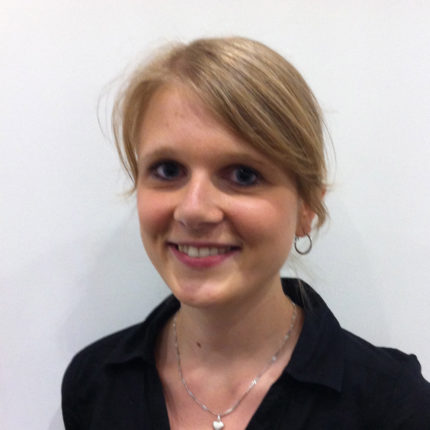Much has been said about the high vacancy rate in health and social care, about European nurses having left the UK following the Brexit referendum, and about the rising demand for healthcare professionals across the system. But who will teach, train and mentor the healthcare professionals of the future?
A census conducted by the Council of Deans of Health, the representative body of the UK’s nursing, midwifery and allied health faculties, provides new insights into the difficulties in recruiting academic staff in these disciplines and the need to invest in their career development.
The recruitment challenge
For healthcare professionals working in the NHS, entering an academic career has become less attractive. Salaries for comparable positions are lower in higher education and career progression opportunities can seem more limited. Especially where recruitment pools are small – in rural areas, small and specialist subject areas, and senior positions – universities struggle to recruit.
In some cases, universities have even had to discontinue the provision of courses as retiring staff could not be replaced. This could become a risk to the sustainability for certain professions, such as learning disability nurses, podiatrists, therapeutic radiographers or paramedics – despite the high rate of student applications for paramedic science.
The health academic workforce is also older than the sector average. More than a third are aged 51 and over – in nursing and midwifery more than half of academics are in this age group. If we expect them to retire within the next 15 years, the urgency of developing the next generation of health academics becomes clear. The higher education and the healthcare sectors will have to work together to incentivise more healthcare professionals from a variety of backgrounds to go into teaching or to take up joint appointments, honorary contracts or secondments.
The diversity challenge
The health academic workforce is not as diverse as it could be and does not represent the body of students it teaches. 92 per cent of health academics were reported to be white, which compares to 82.5 per cent of non-medical staff in the NHS and 77.4 per cent of academics in the higher education sector overall. Women are also underrepresented. They make up 72 per cent of academics in the survey but around 90 per cent of nurses, midwives and AHPs in practice. Putting these two facts together, it is sadly not surprising that BAME female heads of departments are still a rarity in the UK.
The research challenge
While finding enough qualified teaching staff is the more immediate concern for health faculties, developing the disciplines’ research capacity and capability is vital for building the evidence base for improvements and innovations in clinical practice. Keeping in mind that these disciplines have only been fully integrated into the higher education system in the last few decades, more investment in developing research skills is necessary.
Our census found that only 28 per cent of nursing, midwifery and allied health academics were reported to have a PhD or professional doctorate and 4 per cent were reported to be currently undertaking a doctorate. Both figures are lower for nursing and midwifery than the allied health professions, especially speech and language therapy, physiotherapy or occupational therapy. There was also a higher percentage of early career researchers in disciplines such as operating department practice, podiatry and physiotherapy (more than 10 per cent) than in areas such as radiography, speech and language therapy and paramedic science (less than 5 per cent).
Complex solutions
All parts of the healthcare sector have to work together to ensure the sustainability of the nursing, midwifery and allied health professional academic workforce. Governments across the UK and their arm’s-length bodies should facilitate joint workforce planning between universities and practice providers, including joint appointments and secondments, and explore how career pathways in academia and practice can be more closely aligned.
Universities have to allow for flexibility in recruitment practices and provide necessary investments enabling new recruits to undertake teaching qualifications and/or doctorates. Profiles of academic leaders from underrepresented groups could work as role models for women and those from BAME backgrounds. Research funding bodies could increase funding for fellowships in underrepresented disciplines as well as bridging schemes for pre- and post-doctoral awards in health.
The Council of Deans of Health will work with its members and stakeholders across the system to raise the visibility of academic careers in healthcare and to address the barriers described in our report.














This is a really useful report that captures well the difficulties of working and recruiting in this field and the impact this may have for the future health & Social care workforce that is needed to meet the NHS long term plan.